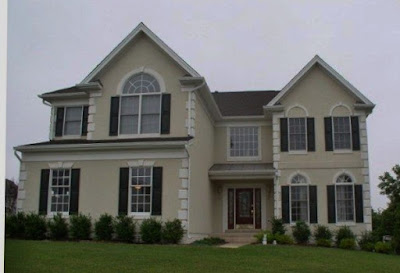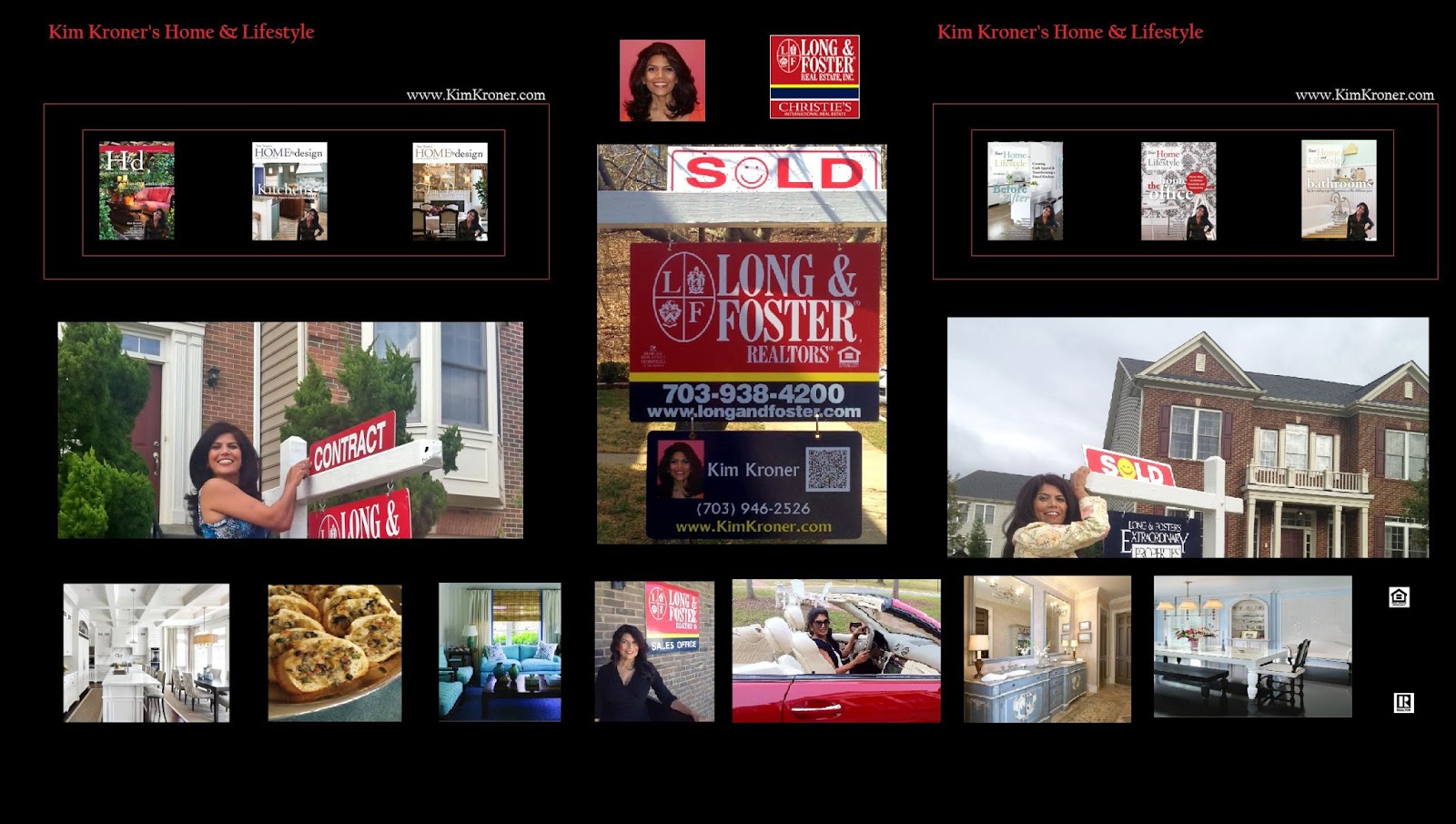Search This Blog
Kim Kroner’s Home & Lifestyle, Kim Kroner is Northern Virginia Association of Realtor's Multi Million Dollars Club Top Producer and top-producing Realtor, Real Estate Associate Broker. Coldwell Banker Luxury division Extraordinary Properties, Christie's International Real Estate and Luxury Portfolio International. Realtor in Northern Virginia and Maryland.
- Get link
- Other Apps
Popular Posts
Buying or Selling in Virginia or Maryland?
- Get link
- Other Apps






Comments
Post a Comment